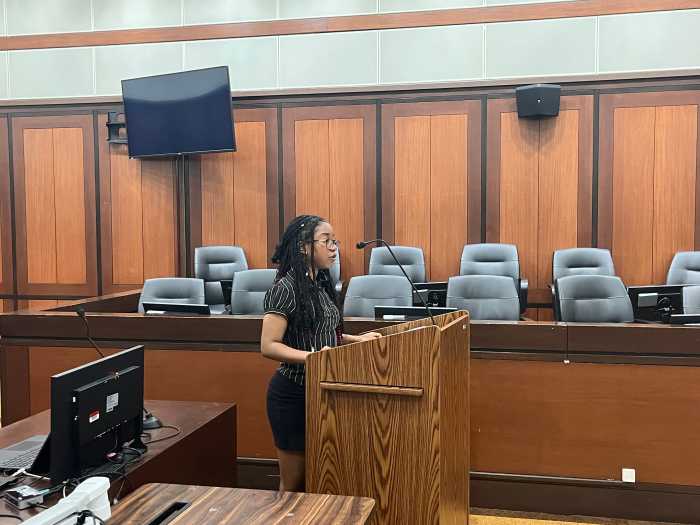With the tragedy that took place at Sandy Hook Elementary School in Newtown, Connecticut plastered all over the news, chances are that children are going to catch a glimpse of a television broadcast or overhear a conversation about it. Helaine Shahar, a Bayside-based Licensed Clinical Social Worker (LCSW), gave The Courier some insight into how to speak to kids about the horrific event.
– Look out for behavioral changes.
Children struggling with emotional turmoil often have difficulty sleeping, isolate themselves for others and tend to refrain from engaging in conversation as much as they used to. Gauge their behavior on a scale of one to 10. If their level of activity is usually around a five or six and rockets to a nine or plummets to a two, something is up.
– Find out what they need first.
Some kids who have never had a serious discussion about emotions may feel awkward suddenly opening up about such a sensitive topic. It’s important to find out what the child needs from you before you hand out information that might be overwhelming.
– If kids don’t know about it, you don’t have to tell them.
There’s no use upsetting a child, especially if they are very young. If they don’t know what happened and you feel it’s best they remain in the dark, that’s OK.
– If they do know, it’s important to understand what they understand.
According to Shahar, if a child is aware that a tragedy occurred, one of the best things to do is ask them what they think happened. “If they say they’re afraid, that’s OK,” said Shahar. Make sure you normalize the day and let them know it’s not something that happens on a regular basis.
– Be clear about your own feelings.
Parents have to be clear about how they’re feeling themselves. Otherwise, their feelings might spill over to their children. “If children see their parents being upset, they have to be able to explain their own behavior,” said Shahar.
– Talk about it more than once.
It’s important to have several conversations. Continue to check in, even if it’s just to ask how they’re feeling or if they thought about the incident. Even if they didn’t think about it that particular day, keeping a dialogue about the incident lets kids know you are still open to discussing it if it does upset them.


































